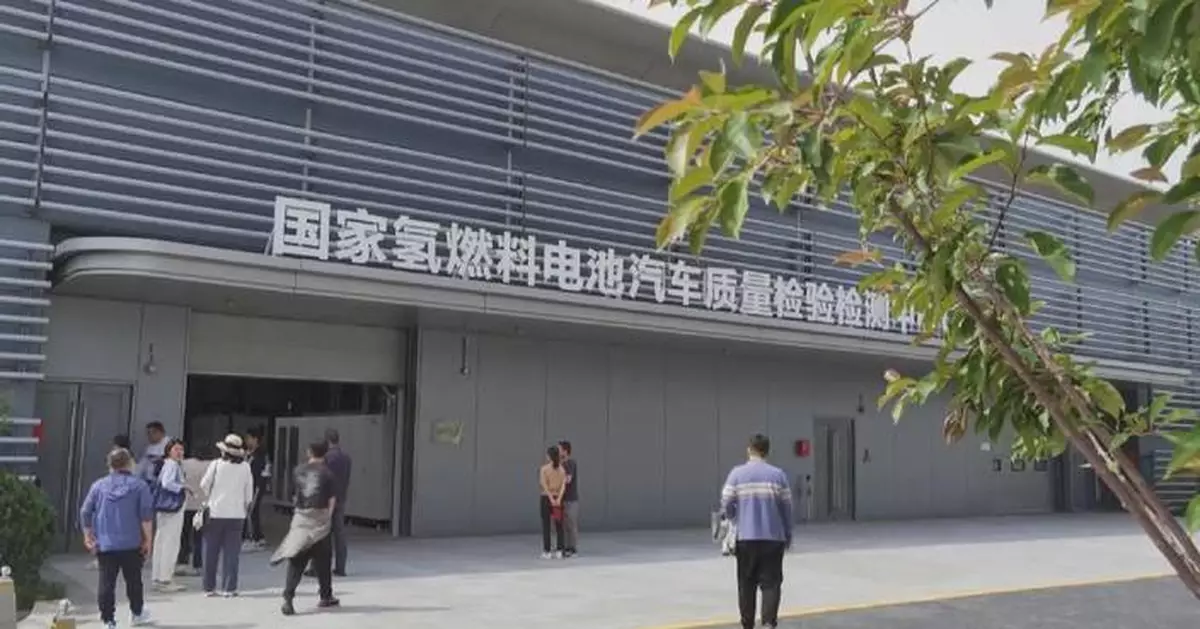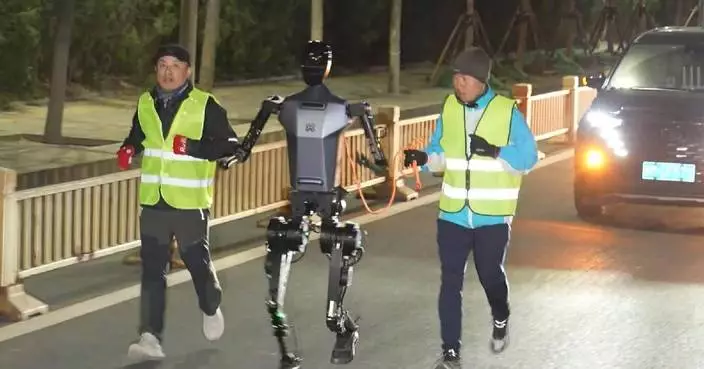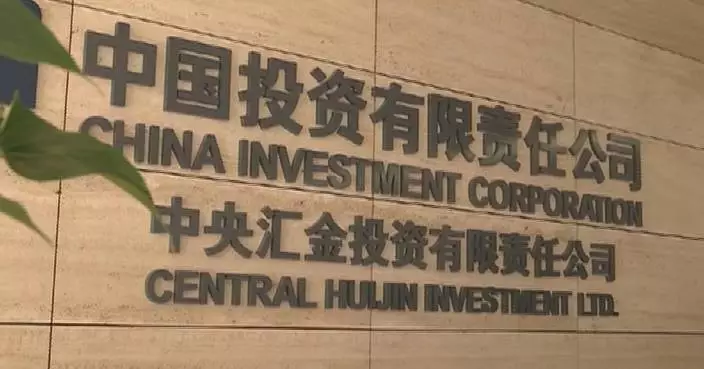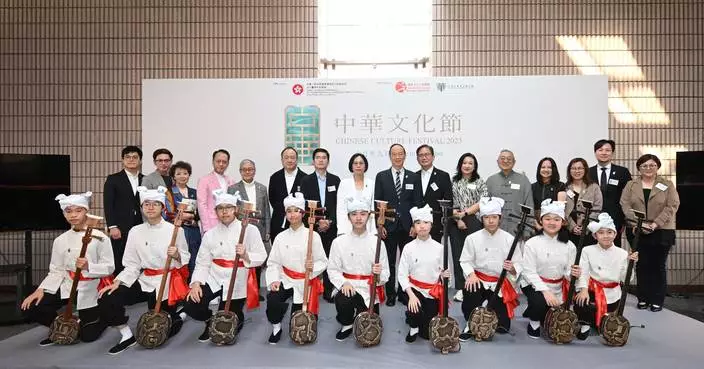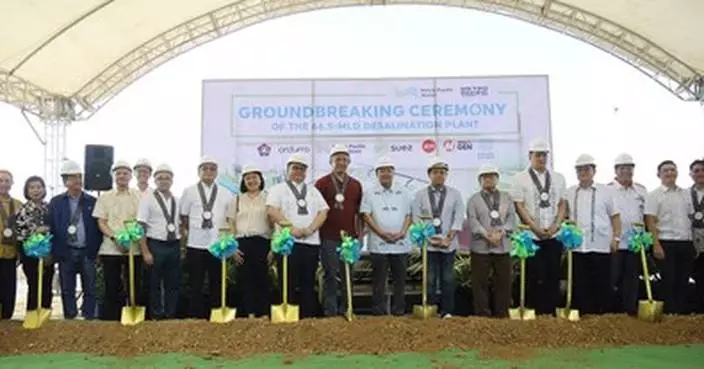Hydrogen engine manufacturers in Beijing and in the vicinity say that the presence of the new national hydrogen vehicle testing center in the capital city greatly faciliates testing of prototypes, significantly saving them the transportation cost from sending engines for test to other cities with a qualified testing center.
The establishment of the new testing center is part of China's broader plan to push for rapid development of its hydrogen energy sector.
The effort involves continuous improvement in hydrogen refueling station facilities, fuel cell systems, vehicles and applications throughout the industry chain.
The National Hydrogen Fuel Cell Vehicle Quality Inspection and Testing Center is located in the Daxing International Hydrogen Energy Demonstration Zone in southern Beijing, a pilot zone that boasts a well-established public testing platform and mature application scenarios.
At the beginning of this year, the first phase of the National Hydrogen Fuel Cell Vehicle Quality Inspection and Testing Center was put in operation, and the second phase is expected to be officially unveiled by the end of this year.
As an authoritative service platform in north China, it provides more convenient core component testing services for hydrogen energy companies in Beijing and surrounding areas.
"Previously, national engine certification tests could only be done in cities like Tianjin and Chongqing, where there are national inspection and testing centers. Our company is headquartered in Beijing and we had to send our engines for test to Tianjin or Chongqing previously. As a result, the labor cost and transportation cost were high. After the establishment of this national-level testing center in southern Beijing, we can easily send our engines for test here," said Bao Jianpeng, director of Beijing SinoHytec, a developer of hydrogen fuel cell engines.
"Since its establishment, the Daxing International Hydrogen Energy Demonstration Zone has been committed to promoting energy conservation, emission reductions and the development of environmental conservation in an effort to promote a high-quality development of transportation," said Xie Tao, director of the industrial service department of the demonstration zone.
The China Hydrogen Alliance predicts that by 2025, China's hydrogen energy industry will be valued at one trillion yuan (over 138 billion U.S. dollars), and by 2050, hydrogen energy is expected to account for more than 10 percent of the country's overall energy system.
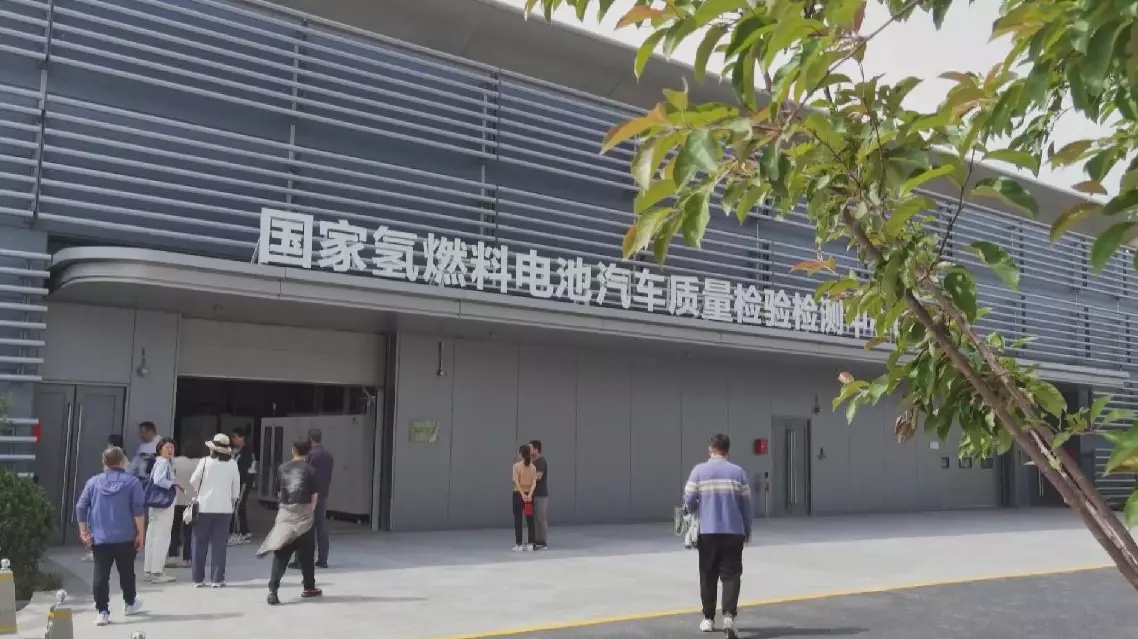
Beijing's new hydrogen vehicle testing center facilitates timely testing for manufacturers in vicinity
A Brazilian national who was deported by the United States in January this year recounted the discriminatory and inhumane treatment he encountered during the repatriation in an interview with China Central Television (CCTV).
Jefferson Faustino was among the 88 deported Brazilians sent by a charter flight from the U.S. to Manaus, a city in northern Brazil, on Jan 24.
During dozens of hours of flight, they were handcuffed, shackled, and denied food and bathroom, and they almost lost their lives to an air conditioning fault, according to Faustino.
"They gave us water in very small bottles on the plane. And I couldn't drink it, because my hands were cuffed to the waist chain. So I had to bend down hard and squash the bottle to spray water into my mouth, because otherwise I wouldn't be able to reach the water at all. Even by doing so, I couldn't get water. When I squeeze the bottle, the water sprayed out and soaked me all over. In the 48 hours of repatriation, they distributed food only one time. It was a spoiled sandwich. The sandwich they gave turned purplish color. I was starving. What could I do? I had to eat," Faustino said.
"In the 48 hours of repatriation, they distributed food only one time. It was a spoiled sandwich. The sandwich they gave me was purple. I was starving. What could I do? I had to eat," he added.
Meanwhile, the American crew enjoyed fresh food and water, Faustino told CCTV.
"No, they had very good food. Every meal, they went over there to heat up box lunches and drink water. The cabin cabinets were full of lunch boxes, full of food, but they didn't give us that food," he said.
The Brazilian deportees protested the unfair treatment and asked for the food and water, but they were not given a response, because of the language barrier, Faustino recalled.
"Yes, we asked. We spoke loudly to them, but the crew didn't speak Portuguese or Spanish, only English. It's a humiliation to us the Brazilians, because we didn't have food and couldn't use the bathroom. The children were crying," he said.
After the plane arrived in Manaus, the air conditioning system broke down and the crew got off the plane, leaving the deportees suffocating in the enclosure.
"People couldn't breathe. The cabin was out of air. I managed to open an emergency exit door and shouted to the police: 'Help! Help! Help!' I yelled for help, asking them to come and save us, because I thought I was dying, I was dying," Faustino said.
The Brazilian government deemed this treatment "degrading" and "unacceptable", with the country's foreign ministry summoning the charge d'affaires of the U.S. Embassy to request an explanation over the issue on Jan 26.
"The U.S. government should be held accountable. Why didn't they train these people responsible for transporting deportees. Since the Trump administration came to power, it has created conflicts in American society and adopted policies that are completely against democracy and public opinion, disrupting relations between the U.S. and its economic and political partners," said Rinaldo Leal, a Brazilian lawyer.
U.S. President Donald Trump signed on his inauguration day an executive order that called for mass deportations of undocumented migrants. Since then, raids and deportations of undocumented migrants, especially those from Latin America, have continued to ramp up.

Brazilian deportee recounts inhumane treatment during flight from US

Brazilian deportee recounts inhumane treatment during flight from US



